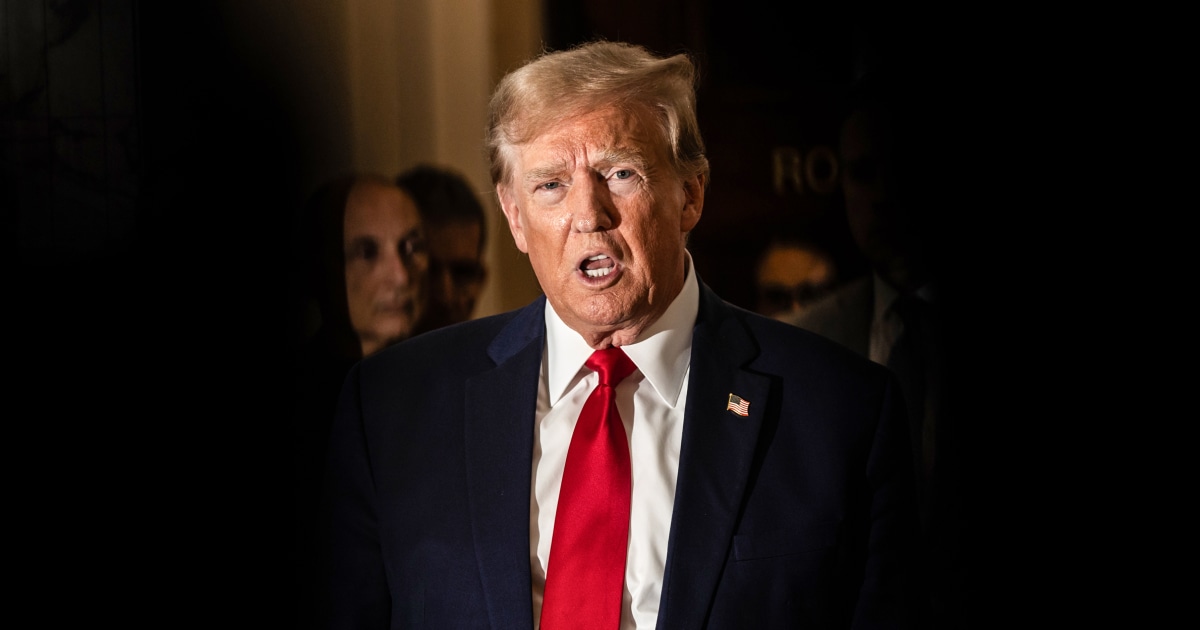- cross-posted to:
- [email protected]
- cross-posted to:
- [email protected]
The judges also questioned the attorneys about whether they should even render a decision on his claim of immunity and instead allow the case to move forward in the trial court.
Federal appeals court judges on Tuesday questioned former President Donald Trump broad claim of immunity from prosecution for his efforts to overturn the 2020 election that resulted in a chain of events that culminated in the Jan. 6 attack on the Capitol.
The all-woman three-judge panel of the U.S. Court of Appeals for the District of Columbia Circuit said nothing to suggest they would embrace Trump’s immunity argument, although they raised several options on how they could rule.
The court could issue a ruling that decisively resolves the immunity question, allowing the trial to move quickly forward, or alight on a more narrow ruling that could leave some issues unresolved. They could also simply rule that Trump had no right to bring an appeal at this stage of the litigation.



I don’t understand how you can be skeptical about this. If he has immunity from committing an act of sedition and breaking his oath to defend the constitution, then there is no basis for the rule of law.
There’s an interesting nuance Trump’s defense seems to be arguing: that a president can’t be prosecuted for “official actions,” only personal ones by extension of the separation of powers. Otherwise, any president could be prosecuted for some crime (e.g. “Biden’s mismanagement of the border”).
I think it’s a load of crap, although an interesting reach. The judge’s line of questioning seems to agree but they’re also concerned about opening the floodgates. Their best bet is to delay, delay, delay and that’s what they’re doing.
Is that essentially the qualified immunity the police were given?
not a lawyer but qualified immunity basically shields government officials from being sued for their misconduct. They can still be prosecuted but there’s no remedy for the harm they’ve caused.